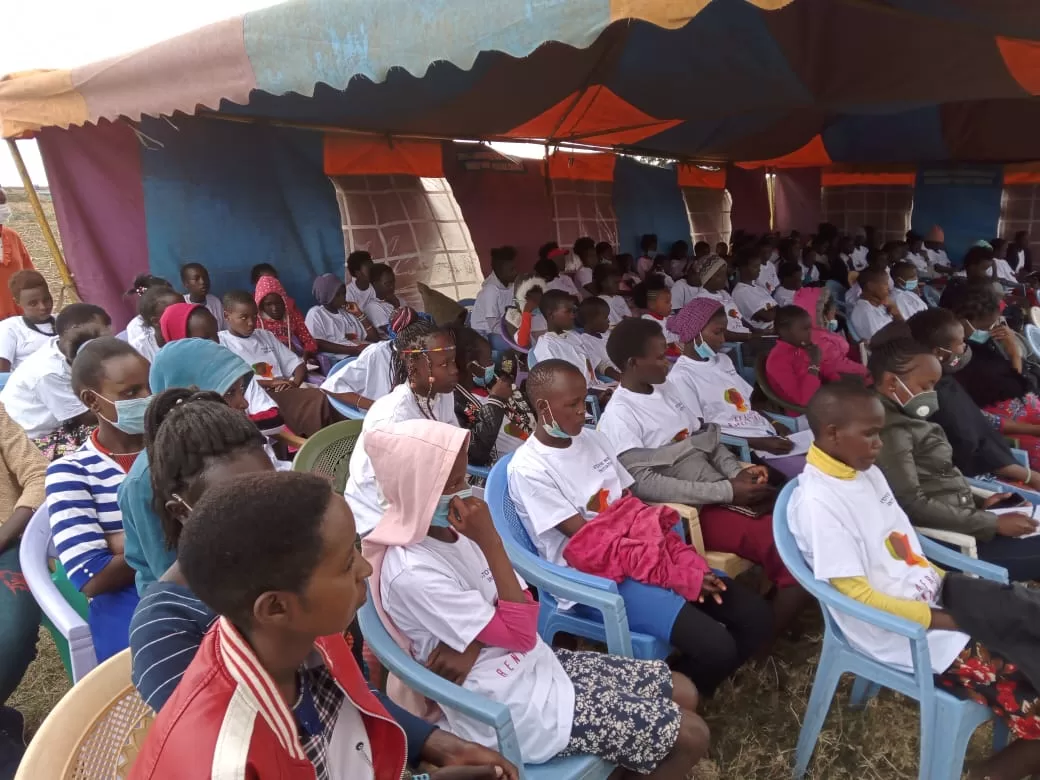In the vast expanse of the African continent, a myriad of challenges persists, casting shadows from healthcare crises to infrastructure deficits, economic disparities and environmental degradation. Yet, amidst this tapestry of complexities, a mosaic of opportunities for collaboration and progress emerges, particularly through engagement with partners in the Global South. Thus, the imperative to delineate the African Union’s priorities for this year reverberates with heightened significance.
AU’s priorities epitomise a holistic approach to tackling the continent’s most pressing needs. At the vanguard stands healthcare; where concerted efforts are directed towards fortifying healthcare systems and mitigating public health emergencies. According to the World Health Organisation (WHO), Africa accounts for only three per cent of global health expenditure, yet bears 25 per cent of the global disease burden. As the battle against the COVID-19 pandemic showed, there urgency to strengthen health infrastructure and enhance pandemic preparedness across the continent.
Education, as the bedrock of societal advancement, remains a focal point, with endeavours aimed at widening access to quality education and nurturing skills development across the African landscape. According to UNESCO, sub-Saharan Africa has the highest out-of-school rate globally, with approximately 52 million children of primary school age out of school. This highlights the imperative to address barriers to education access and quality, ensuring equitable opportunities for all.
Infrastructure development emerges as an indispensable catalyst for fostering regional integration and propelling economic dynamism, underpinning aspirations for sustainable growth and development. The African Development Bank estimates that Africa’s infrastructure needs amount to $130-$170 billion annually, yet the current infrastructure financing gap stands at $68-$108 billion. Bridging this gap is critical for unlocking Africa’s economic potential and fostering connectivity within and beyond the continent.
Concurrently, peace and security initiatives assume paramount importance, laying the groundwork for stability, governance, and the protection of human rights across the continent. According to the Institute for Economics and Peace, the economic impact of violence in Africa amounts to $83 billion annually, equivalent to 5.4 per cent of the continent’s GDP. Investing in peacebuilding efforts is essential for fostering conducive environments for sustainable development and prosperity.
In contemplating avenues for collaboration for Africa within the Global South, a panorama of possibilities unfolds. South-South cooperation emerges as a beacon of promise, offering a robust framework for harnessing the collective expertise and resources of countries in the Global South to bolster African development priorities. According to the United Nations Conference on Trade and Development (UNCTAD), South-South trade has been steadily increasing, reaching $2.7 trillion in 2019. Leveraging this trend can facilitate technology transfer, knowledge exchange, and capacity-building initiatives to address Africa’s development challenges.
Simultaneously, development financing from Global South partners emerges as a potent enabler, furnishing critical resources to propel priority projects and initiatives across the continent. China, for instance, has been a significant investor in African infrastructure projects through initiatives such as the Belt and Road Initiative, providing much-needed funding for road networks, ports, and energy facilities. Strengthening partnerships with Global South financiers can augment Africa’s financing options and support sustainable development.
The significance of knowledge sharing and capacity building cannot be overstated in fostering collaborative endeavours. Opportunities abound for African nations to glean insights from the experiences of their counterparts in the Global South, catalysing innovation and fortifying resilience in areas ranging from healthcare to education and infrastructure. Initiatives such as the South-South Cooperation Expo provide platforms for knowledge exchange and peer learning among countries in the Global South, facilitating the replication of successful development models and best practices.
Advocacy and diplomacy assume pivotal roles in amplifying Africa’s voice on the global stage, rallying support for its development agenda in multilateral forums such as the United Nations, G20, and World Trade Organisation. According to the Brookings Institution, Africa’s share of global trade stands at just three per cent, highlighting the need for enhanced representation and advocacy to address trade imbalances and promote inclusive economic growth. By galvanising the collective strength and solidarity of the Global South, African nations can expedite progress towards realising the AU’s priorities and fulfilling the continent’s development aspirations.
In conclusion, while Africa confronts an array of formidable challenges, commensurate opportunities for collaboration and progress abound. By fostering synergistic partnerships with counterparts in the Global South, African nations can surmount obstacles, unlock new horizons, and chart a course towards a brighter future for generations to come.
The writer is the former Commissioner for Education, Science, Technology, and Innovation (ESTI) of the African Union (AU)

